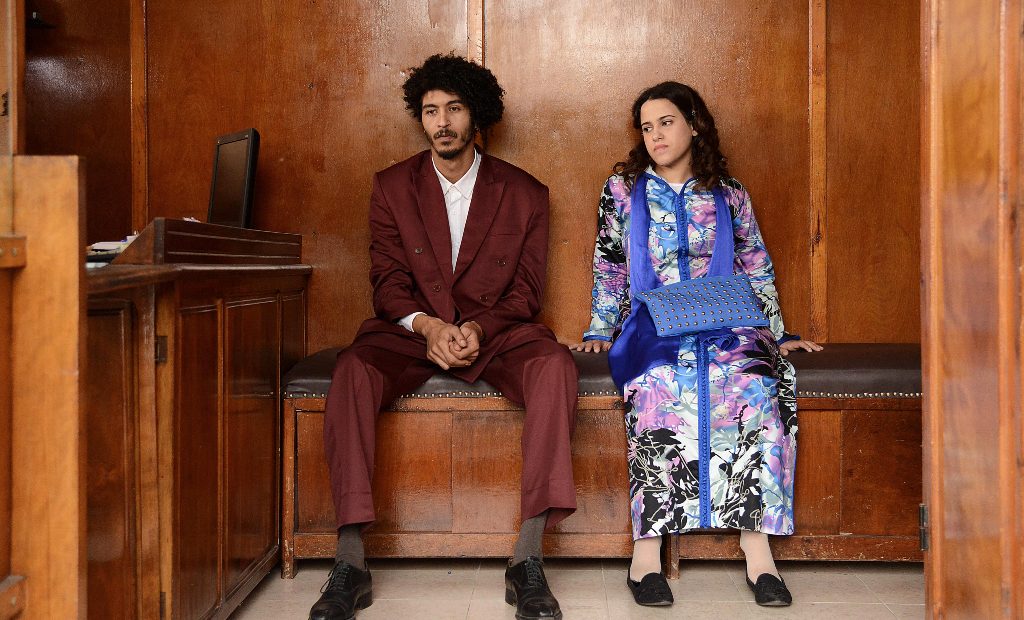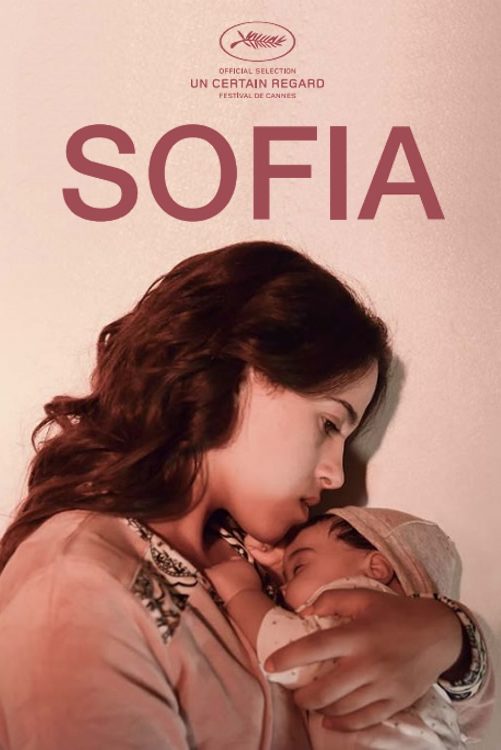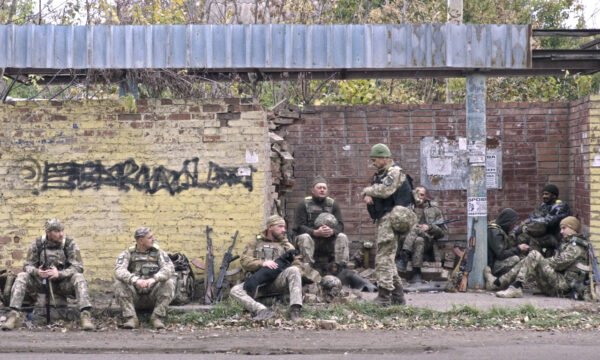Sofia

The setup of this film comes on fast. Within the first five minutes, the titular character Sofia (Maha Alemi) goes into labour and her prim and proper cousin Lena (Sarah Perles) has to help her find a hospital which will allow her to give birth. As an unmarried mother in Morocco, the protagonist is faced with a harrowing decision: she needs to provide the father’s papers or face prosecution. Meryem Benm’Barek’s intricate drama appears initially predictable but comes through with a nuanced twist, energising the feature at the perfect moment and commanding our attention.
Privilege and resentment are the driving forces of Sofia. Lena is an intelligent, beautiful, accomplished young woman. She comes from the wealthier side of the family and is currently attending med school. She has a cheerful disposition and goes out of her way to try and help her cousin in a crisis. Lena tries to be a good person but as the saying goes, the road to hell is paved with good intentions. Her compassionate deeds all seem to backfire, no matter how sincere. The beneficiaries of her help all echo the same sentiment: you don’t know me, you can never understand, I don’t owe you anything. This bite-back initially seems harsh but offers a very real statement on the kind of privilege that comes from leading a charmed life. Lena offers staunch opinions on right and wrong, forcing an idealised course of action on Sofia. In a powerful rebuttal, the eponymous mother turns the tables and asserts that morality – the “right” thing to do – is never an obvious choice and that sometimes people make sacrifices and bad decisions for the greater good. The juxtaposition between Lena’s naive righteousness and Sofia’s jealousy of and resentment towards her help build the multifaceted thematic world.
Similarly, the very literal struggle between men and women in Morocco is subverted on a grand but morally perverse scale, making it a conflict fraught with clashing feelings towards Sofia. At first the object of our unwavering sympathy, the scales dramatically tip as her true colors come out. Afraid of bringing disgrace on both herself and her family, the protagonist makes a precarious choice. Ultimately, she plays into the cycle of oppression in order to save face and the audience is forced to grapple with deciding where to place the blame. An obvious point of inception is recognised but we are left wondering: if the abused become abusers, at what point does the responsibility shift to the individual?
Sofia is an incredibly refined story rich with multi-dimensional layers in both the characters and the plot. Benm’Barek generates fervour and then exceeds expectations by giving us a simple setup and then taking us for a ride that no one sees coming. It’s so refreshing.
Zoe Tamara
Sofia does not have a UK release date yet.
Read more reviews from our Cannes Film Festival 2018 coverage here.
For further information about the event visit the Cannes Film Festival website here.
























Facebook
Twitter
Instagram
YouTube
RSS